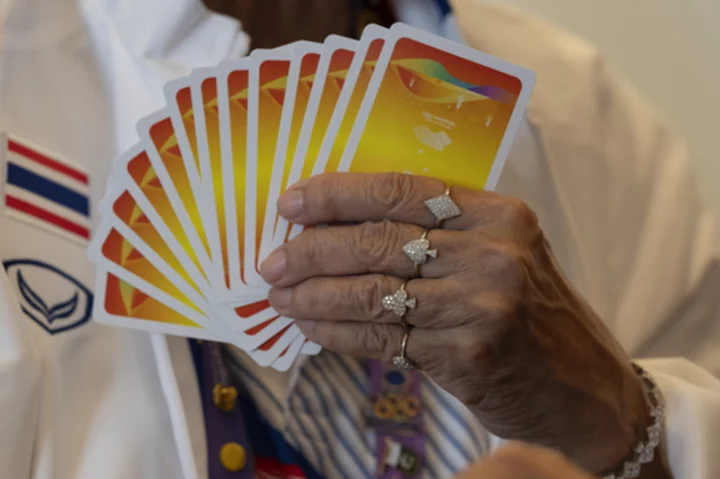WASHINGTON (Reuters) -The U.S. Justice Department agreed to a settlement with Activision Blizzard to resolve the department's lawsuit filed on Monday over salary limits in professional esports leagues.
The department said in its lawsuit filed in U.S. District Court in Washington that Activision Blizzard Inc, which owns leagues built around its "Overwatch" and "Call of Duty" video games, and the independently owned teams imposed a tax that "effectively operated as a salary cap, penalized teams for paying esports players above a certain threshold and limited player compensation in these leagues."
The Justice Department complaint said Activision dropped plans for salary limits in October 2021.
Activision said in a statement, "The tax was never levied, and the leagues voluntarily dropped it from our rules in 2021.
"We have always believed, and still believe, that the Competitive Balance Tax was lawful, and it did not have an adverse impact on player salaries," it added.
Under the settlement, which still must be approved by a federal judge, Activision agreed to refrain from putting any caps or limits on salaries of esports players or teams, the department said.
The Justice Department noted an estimated 60% of Americans report they play video games on a weekly basis -- and millions like to watch video games played by professionals.
The "Overwatch" and "Call of Duty" leagues have generated hundreds of millions of dollars from franchise fees, sponsorship revenues, exclusive streaming deals and a television broadcast deal for Activision drawing millions of viewers, the government said.
(Reporting by Diane Bartz; additional reporting by David Shepardson; Editing by Mark Porter and Jonathan Oatis)









